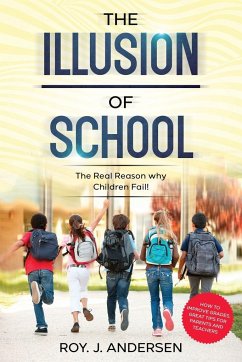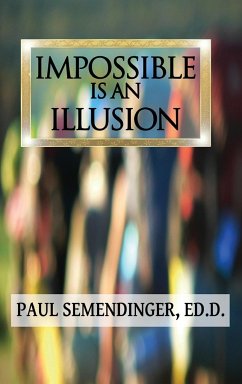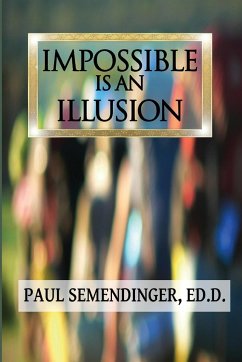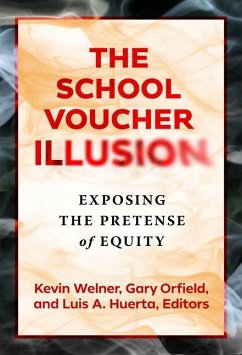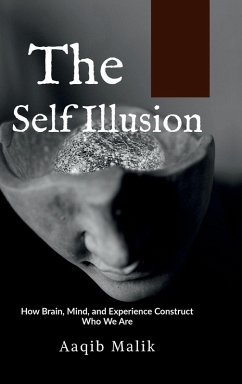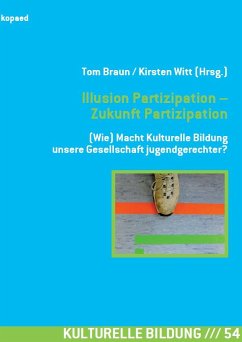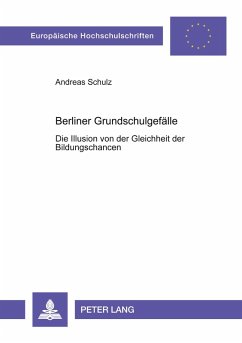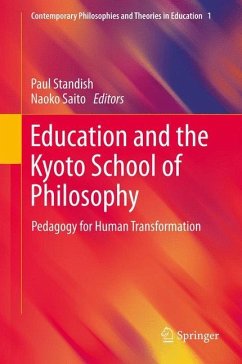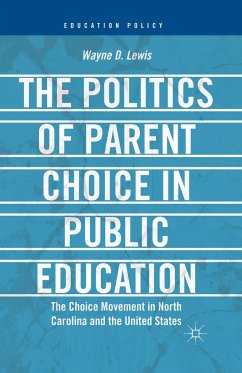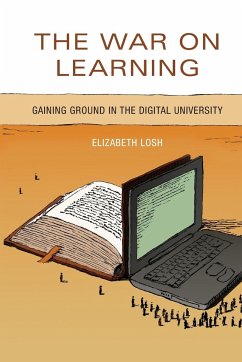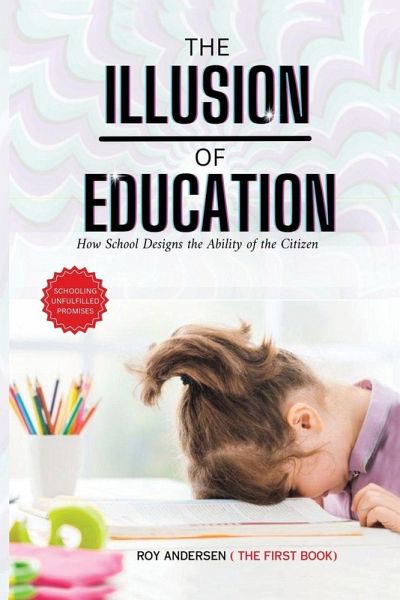
The Illusion of Education
How School Designs the Ability of the Citizen
Versandkostenfrei!
Versandfertig in 1-2 Wochen
39,99 €
inkl. MwSt.

PAYBACK Punkte
20 °P sammeln!
Do our schools truly prepare children for the challenges of the modern world or are they failing by design? In The Illusion of Education, distinguished scientist and educationalist ¿¿¿ ¿. ¿¿¿¿¿¿¿¿ reveals the hidden truths behind the school system and explains why students are rarely taught how to think critically, creatively, or independently. This was always a problem for children, but now that AI is causing dramatic changes in school, it is imperative that we change the way education has always worked. Drawing on decades of research and real-world experience, Andersen exposes th...
Do our schools truly prepare children for the challenges of the modern world or are they failing by design? In The Illusion of Education, distinguished scientist and educationalist ¿¿¿ ¿. ¿¿¿¿¿¿¿¿ reveals the hidden truths behind the school system and explains why students are rarely taught how to think critically, creatively, or independently. This was always a problem for children, but now that AI is causing dramatic changes in school, it is imperative that we change the way education has always worked. Drawing on decades of research and real-world experience, Andersen exposes the structural and philosophical flaws that prevent schools from fostering true intelligence. With the rise of artificial intelligence and rapidly evolving societal demands, the need for children to develop adaptable thinking skills has never been more urgent. This book equips parents, educators, and policymakers with the knowledge to rethink education and better prepare students for a world where traditional teaching methods are no longer sufficient. ¿¿¿¿¿¿ ¿¿¿¿ ¿¿¿¿¿¿¿¿¿¿¿¿¿¿ ¿¿¿¿, ¿¿¿'¿¿ ¿¿¿¿¿¿¿¿:Why the current school system fails to teach students how to think How mismanagement and systemic design hinder learning and creativity The role of parents and educators in transforming a child's educational experience Proven strategies to encourage intellectual self-responsibility and critical thinking How to prepare children for a future dominated by AI, technology, and rapid societal change





